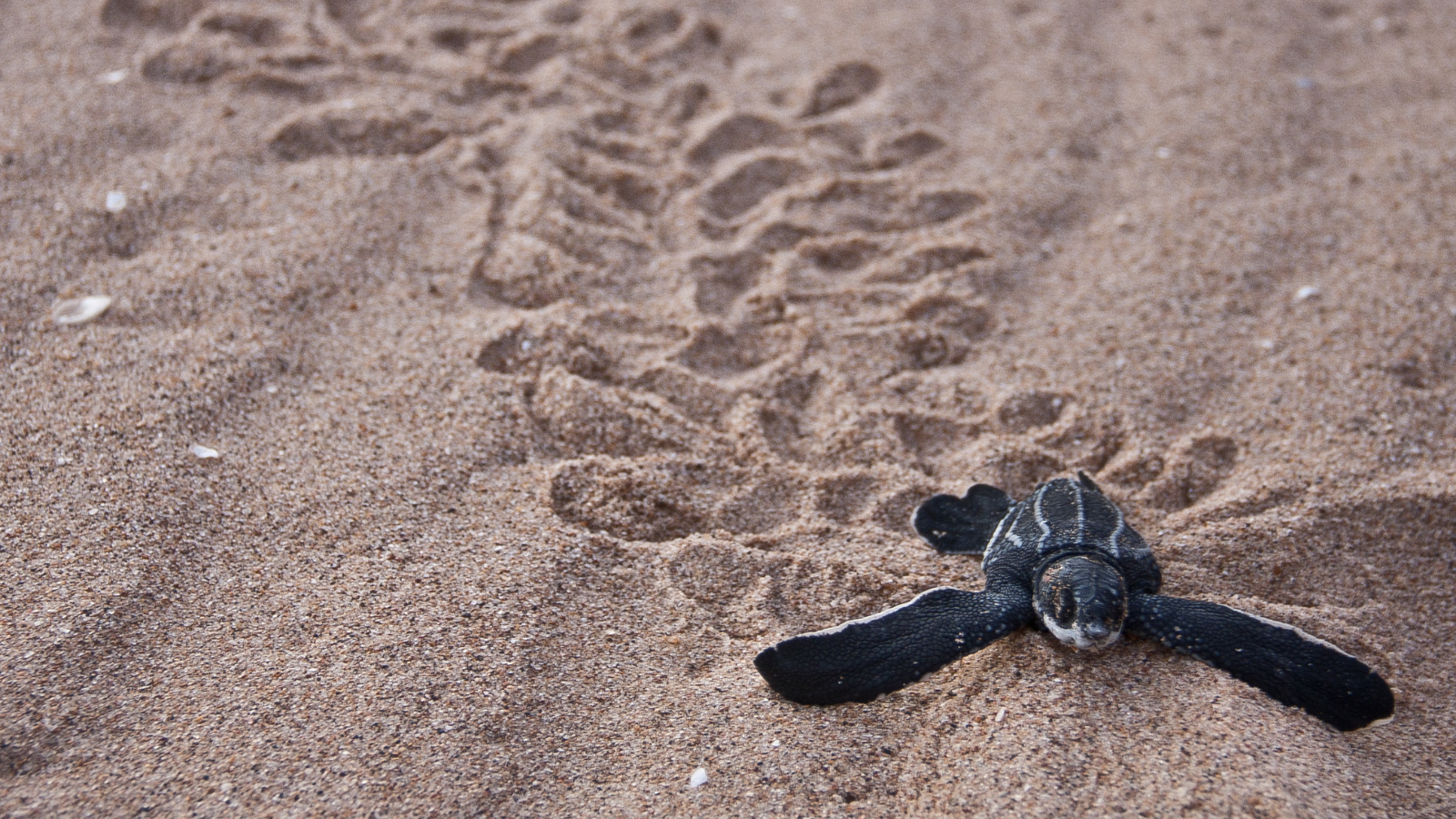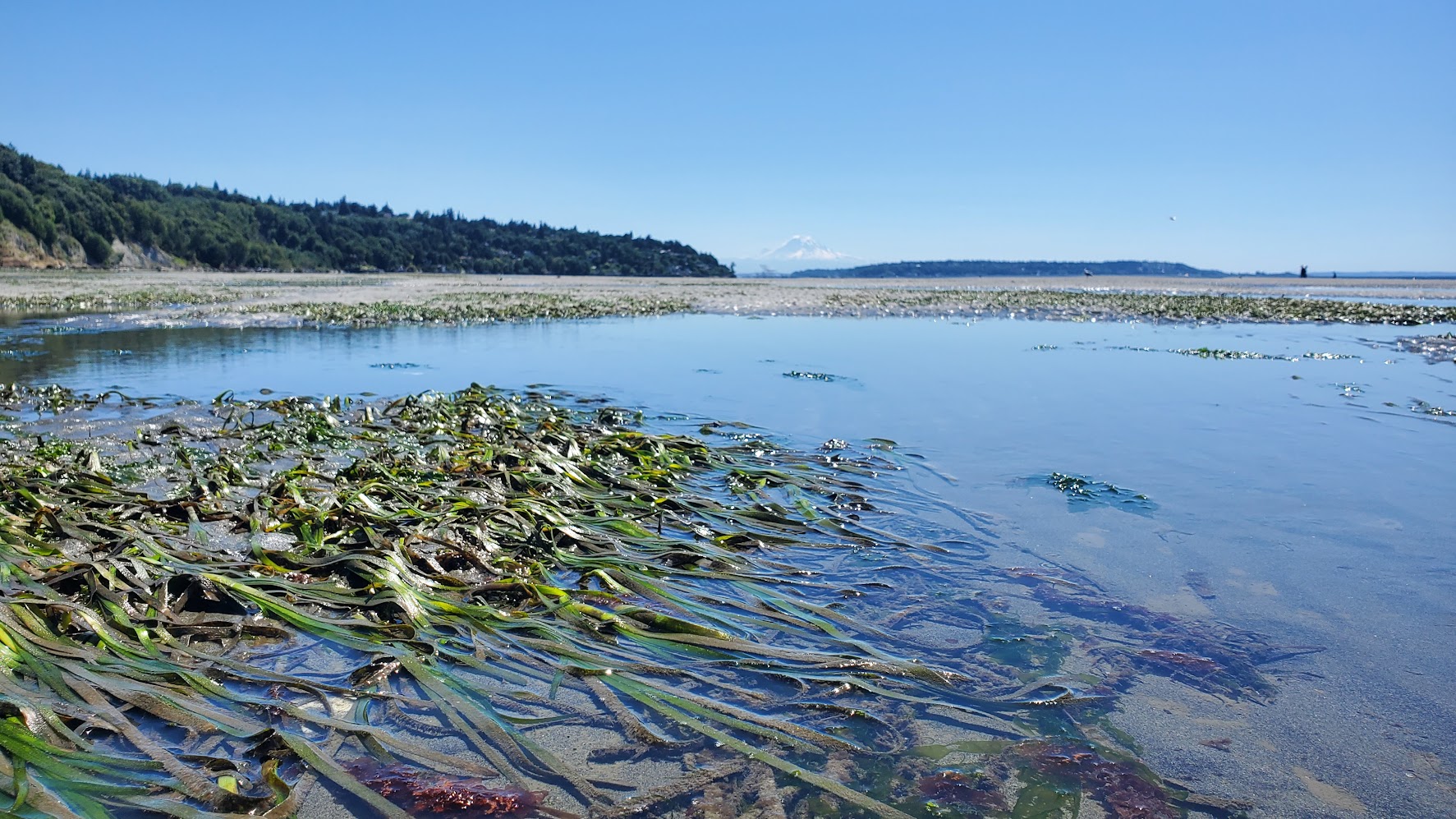
Save the climate, save our oceans
Recently... I walked by the New England Aquarium’s outdoor seal tank. There, with her nose pressed to the glass, a little girl watched a very cute, very hilarious seal bobbing vertically in the water, about to sink to the bottom for a nap.
Our oceans are mesmerizing and awe-inspiring, and, according to a new U.N. report, increasingly threatened by climate change.
Pacific Remote Islands Marine National Monument
Recently, on my way to an event, I walked by the New England Aquarium’s outdoor seal tank. There, with her nose pressed to the glass, a little girl watched a very cute, very hilarious seal bobbing vertically in the water, about to sink to the bottom for a nap. I don’t know exactly what the girl was thinking as she stood there, surrounded by adults cooing over the sight, but I think we all have fond childhood memories of when we first went to an aquarium, or saw the beach — moments filled with wonder and awe over something so vast and full of unique and strange life.
The ocean and its wildlife evoke admiration and curiosity the world over.
Today, marine animals and their habitats are at risk the world over. This week, the new United Nations’ Intergovernmental Panel on Climate Change (IPCC) Special Report on the Ocean and Cryosphere in a Changing Climate (SROCC) reminded us how tenuous the situation truly is.
For years, we’ve watched bad news about our ocean emerge. We’ve witnessed heat waves hit the Great Barrier Reef, bleaching its coral year after year, and seen whales and other marine mammals show up in places they’ve never been seen. We’ve known that the oceans are changing, and that transformation is displacing, or even eradicating, some of our most beloved and iconic ocean species.
Yesterday’s report confirmed that these changes are systemic and that climate change has played a major role. Our oceans have undeniably warmed, and this warming has contributed to algal blooms, more intense storms, and the migration of marine species towards the poles. Most alarmingly, the report finds that “almost all warm-water coral reefs are projected to suffer significant losses of area and local extinctions, even if global warming is limited to 1.5°C.” [1]
Already, the ocean as we know it is changing and the worst is yet to come. But we can (and must) still avoid the worst-case scenario.
The IPCC report makes clear all that we will lose if we do not act to halt rising temperatures. If our emissions continue unabated, coastal ecosystems including kelp forests and seagrass meadows will decline, and both heat and ocean acidification will ravage the species that call tidal pools on our rocky shores home. Across the globe, we will see a large decline in the amount of life in our oceans, especially in the tropics.
The study’s findings may be bleak, but they also are a clear call to action. While we can’t turn back the clock and reverse all the damage already done by a hotter ocean, if we reduce emissions, we can foster a better future than the U.N. laid out in the worst-case scenario laid out in the report.
We know what we need to do. We should pass ambitious renewable energy bills at the local, state and national levels. We should encourage the rapid adoption of electric cars, and increase investment in public transit. We should encourage companies to commit to using renewable energy as well. And we should protect those places in our ocean most likely to provide refuge and support for marine life struggling to adapt to the changing climate.
Finally, we absolutely cannot allow investment in new dirty, dangerous drilling projects. In the United States, this means we must fight to keep our oceans free of new offshore drilling, and resist plans to open the Arctic National Wildlife Refuge to oil and gas companies. Not only would the expansion of drilling in these pristine places put marine life and polar bears, caribou and birds at risk of immediate harm; but exposing these places to drilling also would lock us into a future of continued dependence on polluting fossil fuels.
Our current paradigm of drilling for oil and gas and then using those fuels to spewing emissions into the air is unsustainable and intolerable both on sea and on land. We know better, and reports such as the SROCC make it clear that those who continue to profit off of fossil fuels are contributing to the Earth’s demise. A future in which oil companies can profit off oil rigs in the Atlantic and derricks in the Arctic is a future with an impoverished, unrecognizable ocean.
We owe it to the fish and the sea turtles and the whales and the dolphins to prevent more damage to the ocean. And we owe it to ourselves and to future generations to do what we can, so they can grow up to marvel at the strange, beautiful, and wonderful world that exists under the sea.
[1] Summary for Policymakers, B6.4
Topics
Authors
Kelsey Lamp
Director, Protect Our Oceans Campaign, Environment America
Kelsey directs Environment America's national campaigns to protect our oceans. Kelsey lives in Boston, where she enjoys cooking, reading and exploring the city.
Find Out More

Where in the world do leatherback turtles go?

We’re hiring interns who envision a cleaner, greener world

A wave of youth ocean activism in Boston


